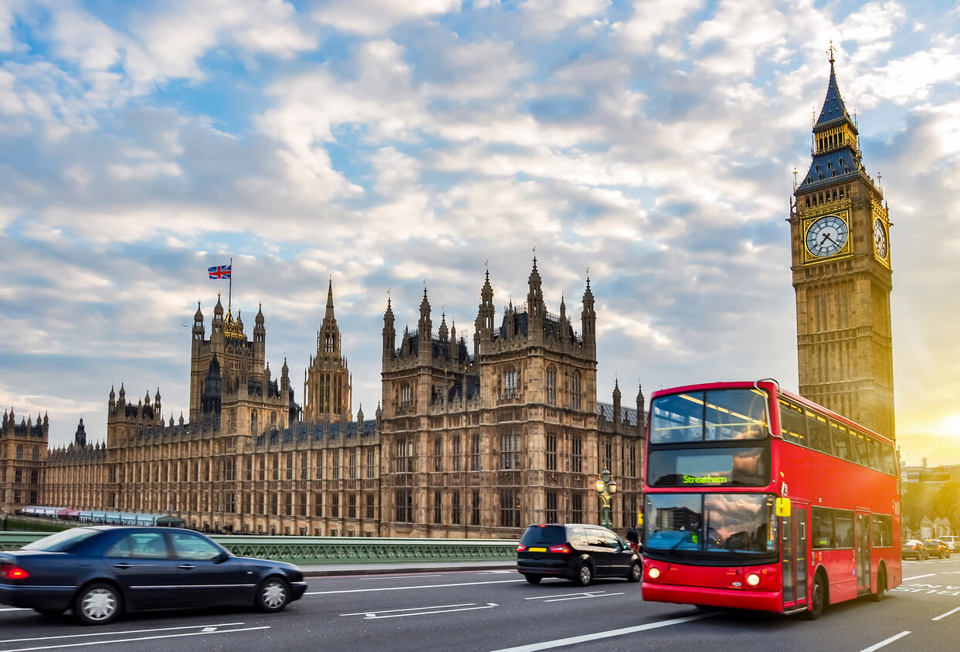Government motoring agencies need to start catering for the needs of fleet operators and professional drivers, not just individual drivers.
That was the message from the Department for Transport (DfT) as it launched a consultation on the future of the Driver and Vehicle Licensing Agency (DVLA), the Driver and Vehicle Standards Agency (DVSA) and the Vehicle Certification Agency (VCA).
The DfT, which is promising a new approach to commercial clients with services that reflect the particular needs of fleets, intends to include better digital links aimed specifically at commercial users and providing forums through which commercial needs can be discussed.
However, with the DfT facing a 37% reduction in its operational budget as announced in the autumn statement, there are concerns that fleets may have to pick-up the shortfall when accessing agency services.
“What will the DfT have to stop doing to achieve these savings?” asked Gerry Keaney, chief executive of the British Vehicle Rental and Leasing Association (BVRLA).
“While we welcome the announcement that companies will benefit from more efficient digital systems, the Government must not compromise on the quality or delivery of these services to save money.”
The DfT is also proposing a series of measures to help address the shortage of large goods vehicle (LGV) drivers.
The report says: “We acknowledge that the way in which the agencies process applications could be more joined-up, while maintaining standards, to enable LGV drivers who have met the required driving standards to obtain their licence and start work.
“We propose to develop a more integrated approach to the process of gaining an LGV driving licence, to remove some of the obstacles.”
It says the DVLA is reviewing and piloting how it can improve processes for non-medical vocational applications and for where a driver has declared a medical condition.
It said it wants to hear from fleets as to how it might resolve cases more quickly.
Meanwhile, the DVSA will look to increase the availability of testing to reduce the time vehicles need to be off-road.
It also says it will consider allowing some private sector examiners to conduct LGV tests – following the model for cars – with appropriate safeguards to ensure fleets could not certificate their own vehicles.
Karen Dee, director of policy at the Freight Transport Association (FTA), said: “The requirements of our members are frequently poorly understood or overlooked and we need to improve the way in which the agencies and their systems interact with each other and with their customers, in order to reduce the burden of compliance on our industry.”
Several fleets have told the DfT that its motoring agencies could be better at communicating change to fleet managers.
In response, it says it “will examine ways in which this can be improved, so that clients can better manage their fleets and the agencies can spend less time on dealing with individual inquiries”.
The coalition Government published a strategy for the DVLA, VCA, Driving Standards Agency (DSA) and Vehicle and Operator Services Agency (VOSA) in 2012.
It focused on how the agencies could be best structured to deliver a better service to users, which resulted in the creation of the DVSA by merging DSA and VOSA.
The digital delivery of services was also key, which culminated in the abolition of the driving licence paper counterpart and the launch of an online licence-checking service.
The DfT is looking into how it can improve its online services further.
For some smaller fleets, it says a web interface, through Gov.uk, will meet their needs.
However, larger operators have sophisticated fleet management software to manage the business.
The report says: “Where data protection issues permit, we propose to develop an application programming interface that would allow larger organisations to access the agencies’ services from within their fleet management software.”
This should help to eliminate the need for fleets to input information twice, once to their own management systems and then again for Government, it says.
Submissions can be made to the DfT until January 8 and the results will be announced next spring.




















Login to comment
Comments
No comments have been made yet.